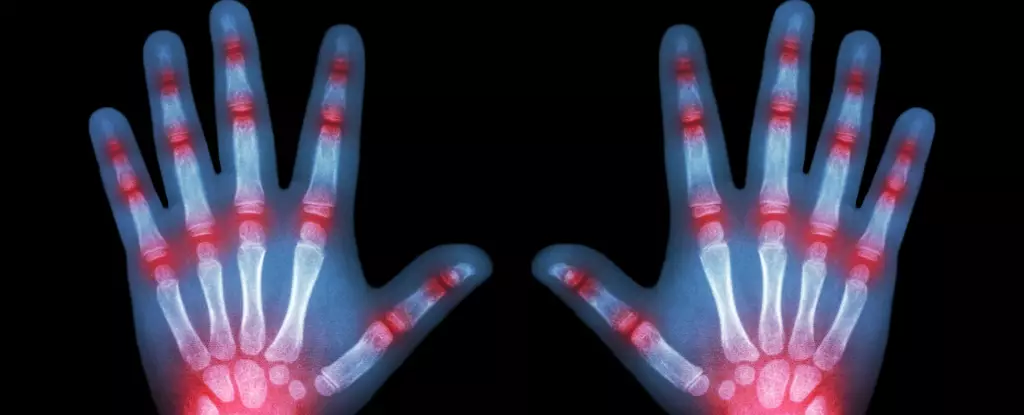It is a common misconception that arthritis only affects older individuals. In reality, children and teens can also suffer from arthritis, specifically Juvenile Idiopathic Arthritis (JIA). This condition is the most prevalent form of arthritis in children, with approximately 1 in 1,000 kids under 16 in the UK being affected.
JIA manifests as joint pain and inflammation in various parts of the body, including the hands, knees, ankles, elbows, and wrists. While there is no cure for JIA, treatments are available to manage pain, reduce swelling, and prevent joint damage. Medications like methotrexate and etanercept are commonly used, although they may come with side effects such as decreased ability to fight infections.
Physical activity plays a crucial role in managing JIA in children and teens. Despite concerns that exercise may exacerbate symptoms, staying active is essential for strengthening muscles, improving flexibility, and overall well-being. Lack of physical activity can lead to weakened bones and a lower quality of life. It is recommended that children with JIA engage in 60 minutes of appropriate exercise daily to maintain their health.
Teens with JIA encounter unique challenges that can impact their education, social life, and future career prospects. School attendance and participation may be hindered by the condition, leading to feelings of isolation and affecting academic performance. Without adequate support and tailored programs, teens with JIA may face difficulties in staying engaged in school and making informed career choices.
Recognizing the multidimensional impact of JIA on young lives is crucial for providing comprehensive support. In addition to medical treatment, addressing the social and mental needs of children and teens with JIA is essential. Clear and tailored advice on safe exercise practices is necessary to ensure that young individuals with JIA can stay physically active and maintain their health.
There is a lack of awareness about arthritis in young people, which can hinder their access to necessary support. Research efforts, such as those at the University of Manchester, aim to better understand the impact of JIA on adolescents and young adults. By informing evidence-based policies for schools, workplaces, and government settings, researchers seek to improve the support available to young people with arthritis.
Juvenile Idiopathic Arthritis can have far-reaching effects on the lives of children and teens, influencing their education, social connections, and future employment opportunities. By acknowledging the full scope of challenges faced by individuals with JIA and providing comprehensive support that encompasses both medical and social care, we can empower young people with arthritis to navigate their difficulties more effectively and lead fulfilling lives.


Leave a Reply